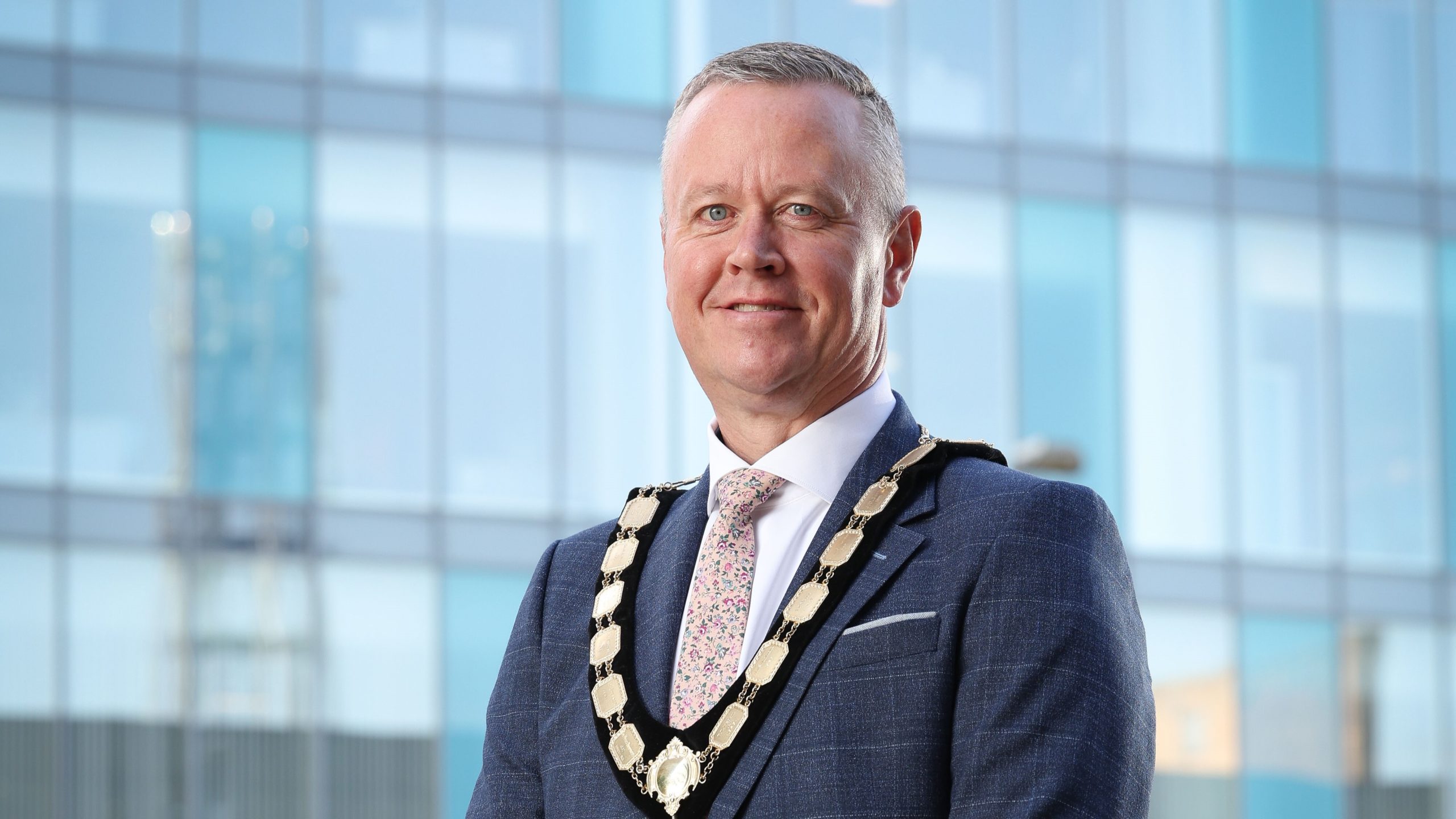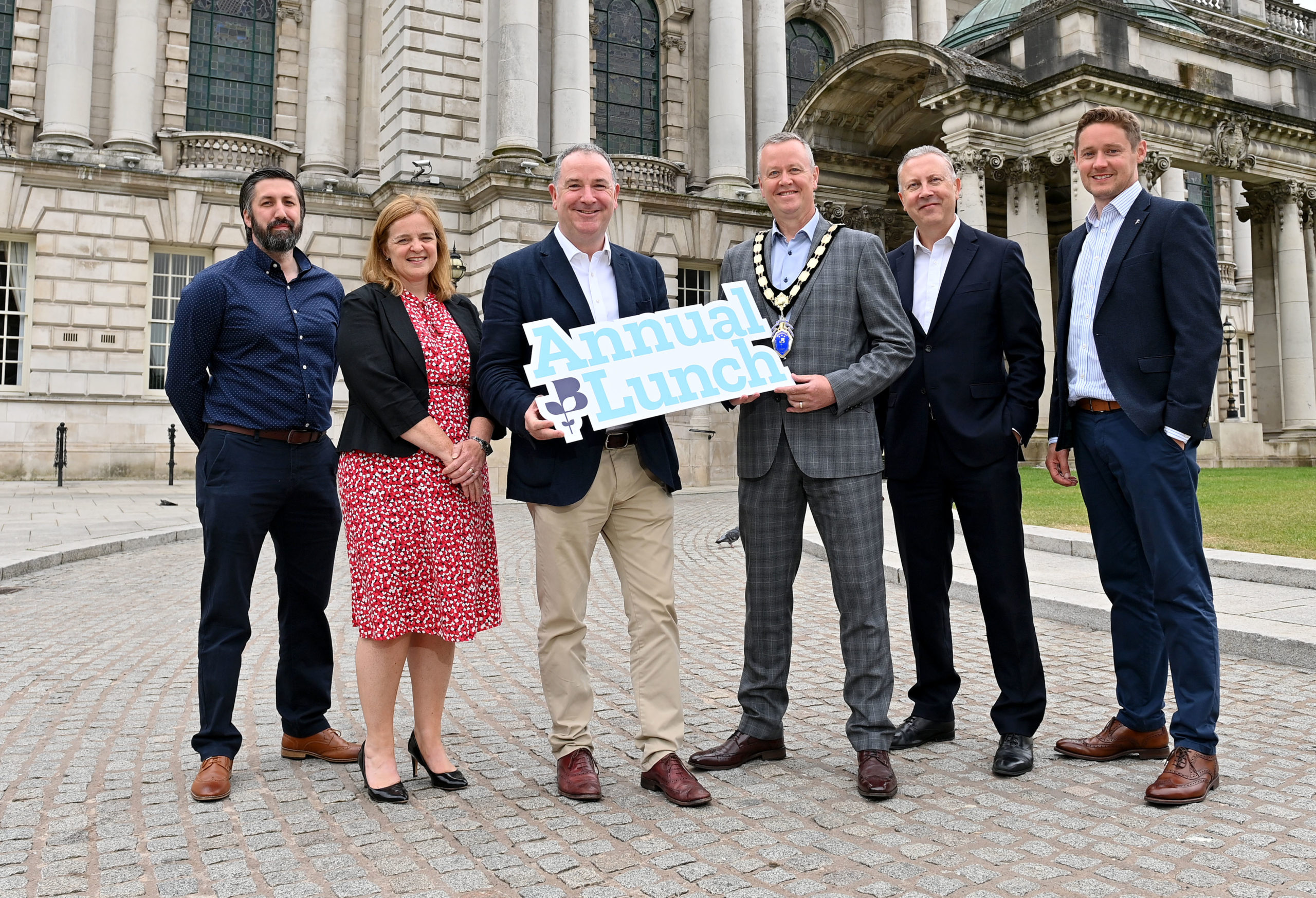Earlier this month, I had the great honour of being appointed as the 177th President of Northern Ireland Chamber of Commerce and Industry (NI Chamber).
I am delighted to follow in Gillian McAuley’s footsteps and feel extremely honored to take on the role which has been held by her, and some of the region’s most successful businesspeople over many decades. This year, NI Chamber is celebrating 240 years in existence, so to be part of that celebration and its legacy during my tenure is very special indeed.
While I’m certainly looking forward to the year ahead, I am aware too that I’m taking on an important position at a difficult time for business and the economy. In such a challenging fiscal environment, with inflationary pressures as they are, this isn’t an easy time for our members. When combined with a tight labour market, supply chain difficulties and the continued absence of an Executive, the impact of difficulties soon starts to compound.
In fact, almost every day now, something new highlights the urgent need for a functioning Executive to be restored. Most recently, the budget allocation for the Department of the Economy laid bare the scale of the problem and the long-term economic challenges we face.
It’s clearer than ever that we need all our political leaders to strain every sinew to get the institutions up and running. In doing so, we urge them to engage with businesspeople at every appropriate juncture of negotiations. At NI Chamber, we’ll continue to do everything possible to facilitate that process of engagement.
That’s critical because any negotiations about a return to power sharing will inevitably include a focus on the tough decisions an incoming Executive needs to face. The impact of those decisions will be felt by stakeholders including businesses, so involving them in the process is key.
We’ve stressed the need for this engagement before. In fact, for many months now, NI Chamber has been at the forefront of calling for effective, functioning and sustainably funded government. I am proud that we work collaboratively with other business organisations, politicians and civic leaders on the issues that matter. And I remain hopeful that we are moving towards an inflexion point, which will see power sharing restored.
And when we reach that point, which we must, I also believe that an incoming Executive can make difficult decisions. That includes decisions on revenue raising and on unpopular, but strategically important choices for longer term transformation in areas like health and education.
Of course, that will require an agreed Programme for Government (something we have not had for over a decade), to ground tough decisions in evidence with a strategic, cross-departmental focus. A Programme for Government needs to be agreed with a sense of urgency and it must be done so with more meaningful input from stakeholders, not least the private sector.
I do not want my year as NI Chamber President to coincide with another period of political stalemate in Northern Ireland. I am committed to using this role as a platform for progress and during my tenure, will do everything that I can to facilitate the engagement we’re calling for and ensure that in all the decisions which lie ahead, the business view is accounted for.


